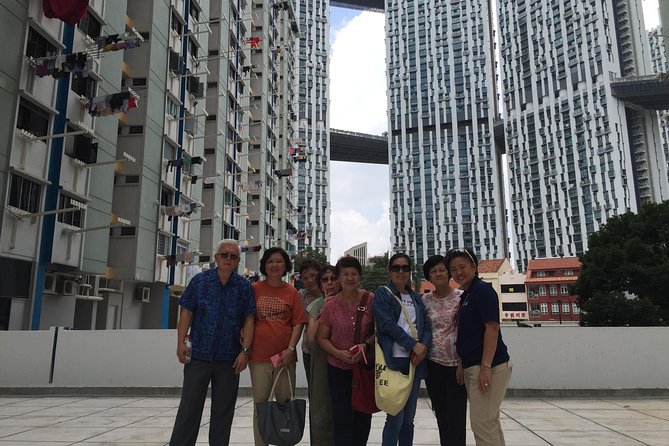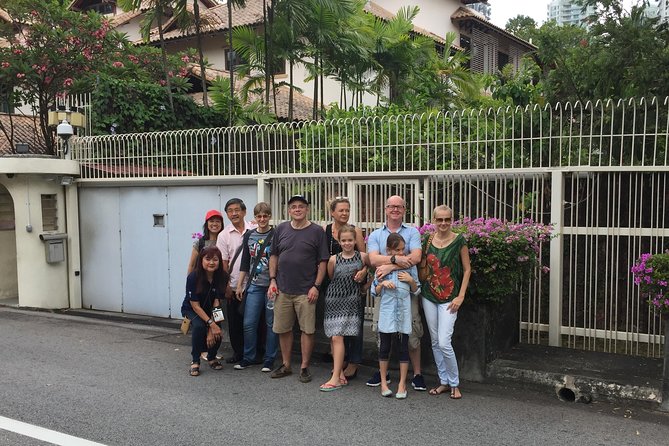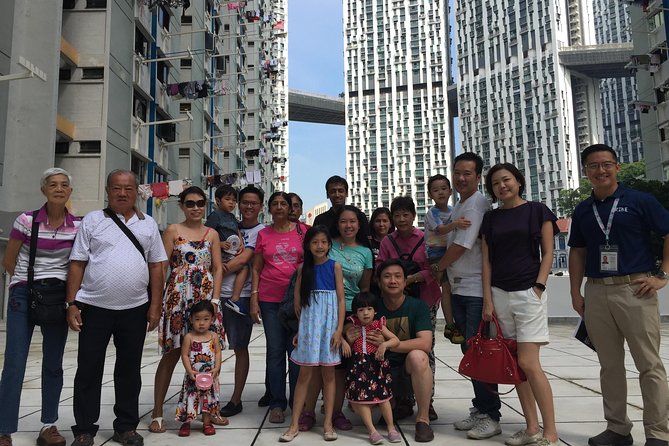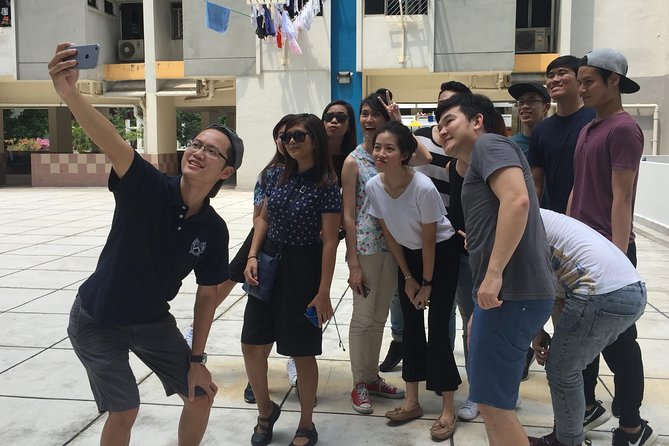Mr. Lee Kuan Yew’s story is one of remarkable vision and unwavering determination. Born in 1923, he’d go on to shape the destiny of Singapore, transforming it from a British colony into a global economic powerhouse. Along the way, he’d demonstrate exceptional leadership, a commitment to meritocracy, and a relentless drive to improve governance and social welfare. However, his path was not without controversy, as his iron-fisted approach drew both praise and criticism. To fully grasp the complexities of this towering figure, one must explore the nuances of his life and legacy.
Key Points
- Born in 1923 in Singapore, Lee Kuan Yew was the founding Prime Minister who transformed the country into a global economic powerhouse.
- As a prominent lawyer, he gained valuable political experience before transitioning into full-time politics and leading the People’s Action Party to victory.
- He spearheaded bold economic and social reforms, attracting foreign investment, developing industries, and ensuring access to public housing, education, and healthcare.
- His visionary leadership navigated complex geopolitical challenges and secured Singapore’s admission to the United Nations, solidifying its independence.
- Lee Kuan Yew’s legacy continues to shape Singapore’s identity as a modern, prosperous city-state, known for its efficient governance and meritocratic policies.
Early Life and Upbringing

Lee Kuan Yew was born in 1923 in Singapore to a Peranakan family with deep roots in the city-state. His father, Lee Chin Koon, was a prominent lawyer and community leader, while his mother, Chua Jim Neo, came from a family of wealthy landowners.
Lee grew up in a privileged environment, receiving his early education at Raffles Institution, one of the top schools in the country. Even as a young man, he displayed a keen intellect and a strong sense of civic duty, traits that would later shape his remarkable political career.
With a disciplined work ethic and an unwavering commitment to Singapore’s development, Lee’s formative years laid the foundation for his transformative role as the nation’s founding father.
You can also read our reviews of more tours and experiences in Singapore.
Education and Legal Career

After attending Raffles Institution, he went on to pursue a law degree at the University of Cambridge, where he excelled academically and honed his legal skills.
Graduating with first-class honors, he returned to Singapore and joined a prestigious law firm.
His exceptional legal prowess soon caught the attention of the colonial authorities, and he was invited to join the Legislative Council, allowing him to gain valuable experience in the political arena.
This laid the foundation for his later transition into a full-time political career, where he’d go on to shape the destiny of Singapore as its founding Prime Minister.
Political Involvement and Leadership

His exceptional legal prowess soon caught the attention of the colonial authorities, who invited him to join the Legislative Council, allowing him to gain valuable experience in the political arena.
From this platform, he’d go on to shape the destiny of Singapore as its founding Prime Minister, leading the country through pivotal moments and guiding its transformation into a thriving, global metropolis.
Leveraging his sharp legal mind and unwavering determination, he spearheaded the formation of the People’s Action Party and led it to victory in the 1959 general elections.
As Prime Minister, he implemented bold policies, navigated complex geopolitical challenges, and relentlessly pursued his vision of a self-reliant, prosperous Singapore.
His political legacy is marked by his unyielding commitment to meritocracy, efficient governance, and economic development.
Founding of Singapore
Under Lee Kuan Yew’s leadership, Singapore transitioned from a British colony to an independent nation, marking a pivotal moment in the country’s history.
On August 9, 1965, Singapore was expelled from the Malaysian federation and became a sovereign and independent republic.
Kuan Yew played a crucial role in this momentous event, navigating the challenges of nation-building and establishing Singapore as a global economic powerhouse.
He implemented strategic policies that transformed the country from a small, resource-poor island into a thriving, prosperous city-state.
Kuan Yew’s vision and unwavering determination were instrumental in shaping Singapore’s identity and securing its place on the world stage.
Economic and Social Reforms
Lee Kuan Yew spearheaded a series of economic and social reforms that propelled Singapore’s transformation into a prosperous and stable nation. He implemented pragmatic policies to attract foreign investment, develop industries, and boost productivity. This included measures like tax incentives, efficient infrastructure, and a skilled workforce.
Socially, Yew focused on public housing, education, and healthcare – ensuring all Singaporeans had access to affordable homes, quality schools, and modern medical facilities. He cracked down on corruption and promoted racial harmony, laying the foundations for Singapore’s remarkable development.
These far-reaching reforms cemented Yew’s legacy as the key architect behind Singapore’s remarkable ascent from a developing country to a global economic powerhouse.
- Historical Singapore Bike Tour on Full-Sized Bicycles
- Puzzle Hunt Adventure – Fort Canning
- New Worlds End: The Only Street Immersive Tour in Singapore
- Half Day or Full Day Private Custom Walking Tour of Singapore
- Southern Islands Mission Impossible Tour With RHIB Boat
- Kayak Sailing in Singapore, Mangrove, Kelong & Pulau Ubin, Seafood Meal Included
Diplomatic Relations and Achievements
Alongside his domestic reforms, Yew also forged strong diplomatic ties that elevated Singapore’s global standing.
He skillfully navigated the complex geopolitical landscape, establishing strategic partnerships and alliances that bolstered the country’s security and economic interests.
Yew cultivated close relationships with world leaders, leveraging Singapore’s strategic location and positioning the nation as a neutral hub for trade and investment.
His diplomatic acumen secured Singapore’s admission to the United Nations in 1965 and solidified its status as an independent, sovereign state.
Through deft negotiations, Yew secured favorable trade agreements and attracted foreign direct investment, fueling Singapore’s rapid economic growth.
His diplomatic achievements cemented Singapore’s reputation as a respected, influential player on the global stage.
Legacy and Impact

Lee Kuan Yew’s profound impact on Singapore has outlived his time, transforming the nation into a global economic powerhouse. His visionary leadership and unwavering commitment to progress shaped Singapore’s trajectory, propelling it from a developing country to a thriving, modern metropolis.
Widely regarded as the architect of Singapore’s success, Yew’s legacy extends beyond economic achievements, encompassing social reforms, infrastructure development, and the hotel of a stable, efficient government.
Though a controversial figure at times, his unwavering determination and ability to execute bold reforms are undeniable.
Today, Yew’s influence continues to resonate, as Singapore builds upon the foundations he laid, cementing its position as a leading global hub renowned for its innovation, livability, and economic might.
Personal Life and Relationships

His personal life and relationships played a pivotal role in shaping his public persona and political vision.
Lee Kuan Yew’s marriage to Kwa Geok Choo was a true partnership, with his wife providing steadfast support throughout his political career. They had three children together, including their eldest son who later became Singapore’s third Prime Minister.
Plus, Lee’s close relationship with his mother, Chua Jim Neo, instilled in him the values of integrity, discipline, and a strong work ethic – qualities that defined his leadership.
Frequently Asked Questions
What Were Lee Kuan Yew’s Hobbies and Interests Outside of Politics?
Lee Kuan Yew was an avid reader who enjoyed classical music and sports like swimming and golf. He also wrote extensively, penning several books on Singapore’s history and development.
How Did Lee Kuan Yew’s Upbringing Shape His Political Ideology?
Lee Kuan Yew’s upbringing in a wealthy family influenced his belief in meritocracy and pragmatism. His exposure to racial diversity also informed his vision for a multiracial Singapore, shaping his political ideology of unity and efficient governance.
What Were Lee Kuan Yew’s Personal Relationships Like With His Colleagues?
Lee Kuan Yew maintained strong but complex relationships with his political colleagues. He was known to be both demanding and loyal, expecting high performance but fiercely defending allies against criticism. His personal ties shaped the trajectory of Singapore’s development.
How Did Lee Kuan Yew Cope With the Pressures and Challenges of Leadership?
Lee Kuan Yew tackled leadership’s pressures and challenges through disciplined self-care, strategic planning, and steadfast determination. He maintained focus on Singapore’s long-term progress despite personal criticisms, maintaining a calm composure that earned him respect from colleagues and citizens alike.
What Were Lee Kuan Yew’s Views on Work-Life Balance and Family Life?
Lee Kuan Yew prioritized work over personal life, believing long hours and total dedication were necessary to build Singapore. He acknowledged the strain this placed on his family but felt the nation’s needs came first.
Recap
Mr. Lee Kuan Yew’s extraordinary life was defined by his unwavering commitment to transforming Singapore into a thriving, globally-competitive nation.
Through his visionary leadership, strategic policies, and tireless efforts, he shepherded the country’s transition from a British colony to an economic powerhouse, leaving an indelible mark on the country’s development and stability.
His legacy endures as a testament to the power of principled governance, meritocracy, and an unflinching determination to build a better future for all Singaporeans.
More Tour Reviews in Singapore
- Departure From Singapore City to Singapore Airport by Sedan
- Wondrous Wildlife @ River Wonders + Roundtrip Transfers
- Wild Wild Wet Singapore Admission Ticket
- Singapore: Marina Bay Sands Observation Deck Skip the Line E-Ticket
- Gardens By The Bay Night Long-Exposure Photography
- Experience Rainforest Terrarium Workshop in Yishun
Not for you? Here's more things to do in Singapore we have recnetly reviewed
- 2 Best Canoe And Kayak Experiences In Singapore
- 25 Best Cruises And Boat Tours In Singapore
- 25 Best Food Tours In Singapore
- 11 Best Full-Day Tours In Singapore
- 2 Best 3 Day Tours In Singapore
- 2 Best 4 Day Tours In Singapore
- 7 Best Lunch Experiences In Singapore
- 7 Best Dining Experiences In Singapore
- 6 Best Dinner Tours In Singapore
- Airport Transfer: Singapore to SIN Airport by Business Car
- Guided Walking Tour to the Historical Attractions in Farrer Park
- Highlights of Singapore Instagram Tour
